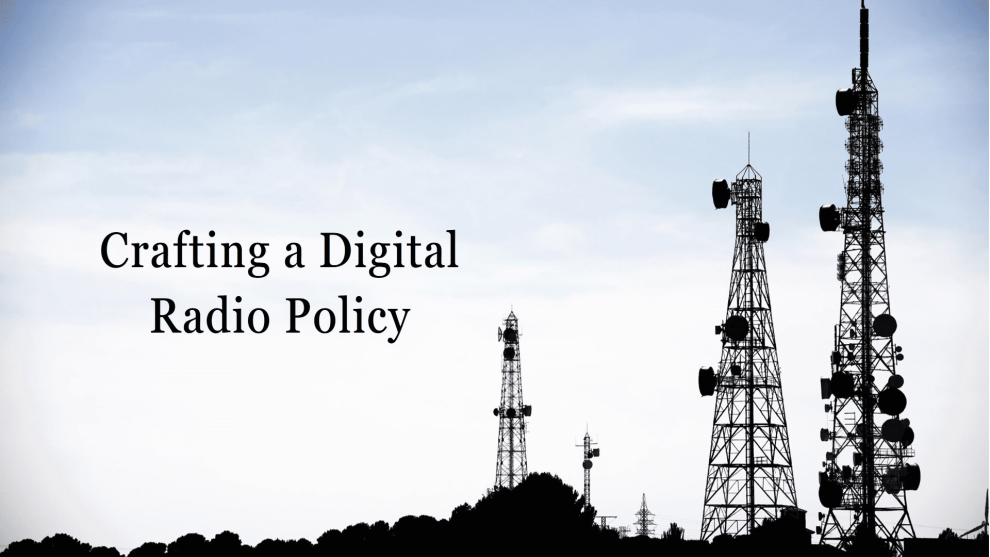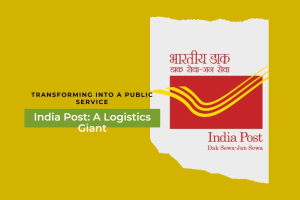The Telecom Regulatory Authority of India (TRAI) has released a consultation paper titled “Formulating a Digital Radio Broadcast Policy for Private Radio Broadcasters.” This policy aims to guide the transition from analog to digital radio in India, a shift that promises to enhance the quality and scope of radio services. It is expected to bring new opportunities for broadcasters and improved listening experiences for audiences.
Current State of Radio Broadcasting in India
Analog Radio Broadcasting
In India, radio broadcasting currently operates in three frequency bands:
- Medium Wave (MW): 526–1606 KHz
- Short Wave (SW): 6–22 MHz
- VHF-II (FM Band): 88–108 MHz
The FM Band is most popular due to the use of Frequency Modulation (FM) technology. All India Radio (AIR), the national public broadcaster, offers services across MW, SW, and FM bands, while private broadcasters are limited to the FM band (88-108 MHz).
What Digital Radio Can Offer
Digital radio broadcasting offers several advantages:
- Multiple Channels: Broadcasters can transmit 3-4 channels on a single frequency, compared to just one in analog mode.
- Better Sound Quality: Digital signals provide clearer, higher-quality audio.
- Additional Features: Digital radio can support extra services like song information, emergency alerts, and interactive content.
The Shift to Digital: AIR vs. Private Broadcasters
All India Radio (AIR) has already begun transitioning to digital, replacing 38 analog transmitters with digital ones across MW and SW bands. Trials have also been conducted on the FM band. However, private broadcasters have not yet moved toward digitizing their networks, which is holding back the full potential of digital radio in India.
TRAI’s Previous Recommendations
In 2018, TRAI issued recommendations on digital radio broadcasting. The focus was on creating an ecosystem where:
- Broadcasters
- Transmission equipment manufacturers
- Digital receiver manufacturers
… could work together to make digital radio a reality in India. The key recommendation was that the government should develop a clear policy framework to facilitate a smooth transition to digital radio, setting out a timeline for nationwide rollout.
TRAI’s Current Consultation Process
Following a request from the Ministry of Information and Broadcasting (MIB) in April 2024, TRAI has initiated a consultation process to gather stakeholder opinions. The aim is to formulate a digital radio broadcast policy for private broadcasters. MIB has highlighted several key issues:
- Updating FM Phase-III policy to accommodate digital technology.
- Addressing technical and regulatory challenges to help broadcasters transition smoothly.
Why Digital Radio Policy Is Crucial for Private Broadcasters
A well-structured Digital Radio Broadcast Policy is essential for private broadcasters to stay competitive in a rapidly evolving industry. Transitioning to digital will enable broadcasters to:
- Expand Channel Offerings: With multiple channels per frequency, broadcasters can diversify content.
- Improve Sound Quality: Superior audio will attract more listeners.
- Unlock New Revenue Streams: Digital radio offers opportunities for targeted advertising and premium content.
Challenges of Transitioning to Digital Radio
While the benefits are clear, there are challenges to overcome:
- High Costs: Upgrading infrastructure will require significant investment.
- Consumer Awareness: Digital radio adoption will require affordable receivers and consumer education.
The Future of Digital Radio in India
The shift to digital radio broadcasting is inevitable, and the current consultation process led by TRAI is a crucial step toward making it happen. By creating a comprehensive digital radio policy, India can ensure that both public and private broadcasters are well-positioned to embrace the future of radio.
Key Dates for Stakeholders
- Comments Deadline: 28th October 2024
- Counter Comments Deadline: 11th November 2024
Stakeholders can submit comments electronically to:
For additional information, Shri Deepak Sharma, Advisor (B&CS), can be contacted at +91-11-20907774.












Add Comment